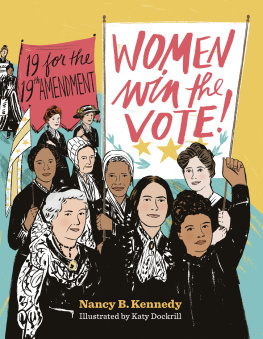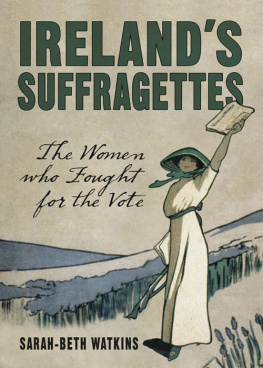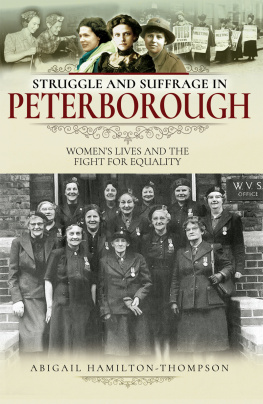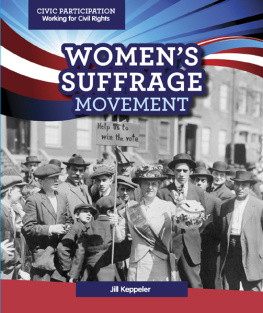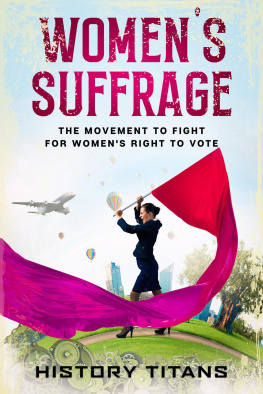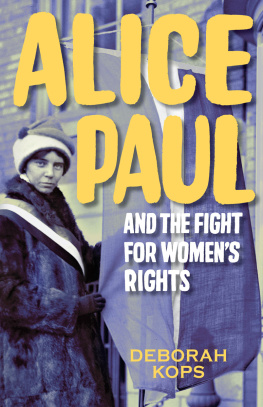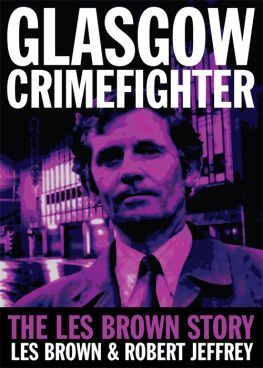First published in Great Britain in 2019 by
Pen & Sword History
An imprint of
Pen & Sword Books Ltd
Yorkshire Philadelphia
Copyright Judith Vallely, 2019
ISBN 978 1 52671 8 297
eISBN 978 1 52671 8 310
Mobi ISBN 978 152671 8 303
The right of Judith Valley to be identified as Author of
this work has been asserted by her in accordance with the Copyright,
Designs and Patents Act 1988.
A CIP catalogue record for this book is available from the British Library.
All rights reserved. No part of this book may be reproduced or transmitted
in any form or by any means, electronic or mechanical including
photocopying, recording or by any information storage and retrieval system,
without permission from the Publisher in writing.
Pen & Sword Books Limited incorporates the imprints of Atlas,
Archaeology, Aviation, Discovery, Family History, Fiction, History,
Maritime, Military, Military Classics, Politics, Select, Transport, True
Crime, Air World, Frontline Publishing, Leo Cooper, Remember When,
Seaforth Publishing, The Praetorian Press, Wharncliffe Local History,
Wharncliffe Transport, Wharncliffe True Crime and White Owl.
For a complete list of Pen & Sword titles please contact
PEN & SWORD BOOKS LIMITED
47 Church Street, Barnsley, South Yorkshire, S70 2AS, England
E-mail:
Website: www.pen-and-sword.co.uk
Or
PEN AND SWORD BOOKS
1950 Lawrence Rd, Havertown, PA 19083, USA
E-mail:
Website: www.penandswordbooks.com
Introduction: The Door is Open
A century ago, a young oak tree was planted in a ceremony at Kelvingrove Park in Glasgow. The event was witnessed by a gathering of women, dressed in the bright colours of the Suffragettes purple for loyalty and dignity, white for purity and green for hope. It marked the passing of the Representation of the People Act on the 6 February 1918, which allowed some women the right to vote. The success came only after a long campaign which became infamous for violent protests and actions, hunger strikes and force-feeding and the death of a woman in front of the kings horse.
The ceremony took place in the closing months of the First World War. The speakers were clear about the significance of the act but also the fact that the battle for equality was far from over. The legislation only applied to women over the age of 30 who met certain criteria, while the same act gave all men over the age of 21 the right to vote, abolishing previous property and other restrictions. Now some women could have a say in elections if they were aged over 30 and a householder or married to one or a university graduate aged over 21. It added up to 8.5 million women across the UK, but still represented only 40 per cent of the female population. Yet it was an important step forward.
Several womens suffrage organisations took part in the tree planting ceremony, showing just how varied and widespread the activities were in the city. They included the Glasgow Society for Womens Suffrage, the Scottish Universities Womens Suffrage Union, the Womens Freedom League, the Conservative and Unionist Womens Franchise Association and the United Suffragists. The oak was planted by Louisa Lumsden, a leading suffragist and pioneer of womens education who later became a Dame. She summed it up as she declared: The vote is the door to everything, and the door
For women who did qualify to vote, the first experience of the ballot box came in the same year that oak tree was planted. It happened on 14 December 1918, in the general election which was called after the ending of the First World War. The polling day was on a Saturday. World news making the headlines that day included US President Woodrow Wilson landing in Brest, France for a visit to the country. Closer to home, there was a report of a court case involving an alleged attempt to bribe Crown officials in order to purchase two of the smallest of the Channel Islands. Another newspaper story noted that shopkeepers in London who during the war had seemed to shed all the politeness which was once regarded as an essential part of the art of salesmanship were now returning to more courteous ways. The Church of Scotland urged better allowances for sailors, soldiers and their families and in Glasgow improvements being made to the river Clyde to rid the river of sewage and rubbish were applauded. In the listings for situations vacant, job adverts included for bakers, boat-builders, message boys, grocers, hairdressers, shorthand typists and waitresses. Numerous domestic servant roles were also advertised, from cooks and maids to housekeepers and nurses, showing a high demand for household workers at the time.
Against this background, and the turbulent backdrop of the aftermath of war, women headed to the ballot box for the first time across Britain. They included centenarian Mrs Granny Lambert, of Edmonton, London, who was reported to be 105 years old.
Steady streams of women, attending in twos and threes and often dressed in their Sunday best clothes, went to the polls in Glasgow. The new voting rights meant that the electorate grew from 194,171 to 524,006 in the city, with women accounting for 194,332 of that figure.
For the women who were now able to cast their votes, descriptions of the atmosphere of the city polling booths show them relishing the occasion: They were among the earliest arrivals at the poll, and many of them, doubtless appreciating the historical significance of the moment, brought their offspring with them, children in arms even, and with these precious burdens they made their mark
An account of an anonymous Glasgow womans experience of voting was published in the Daily Record under the title Her First Vote, By Puzzled Wife. brought me up on Liberal principles; the newspapers advised me to vote Coalition; while personally I had a rather warm side to the Labour party, she wrote. To add to the confusion, my husband was a die-hard Conservative, who wished to run an independent candidateThe whole thing was as complicated as a divorce case. She says that she was so anxious to vote conscientiously, she believes she even lost weight during the last week of the election and inside the polling booth describes: a delicious sense of importance. My first vote.
It wasnt until the Equal Franchise Act of 1928 that women finally had full equality with men on the issue of voting, when suffrage was extended to all women over the age of 21. It wasnt until 1970 that the voting age was lowered to 18 for both sexes in the UK. Key to winning suffrage had been the success of women who took on work during the First World War, proving that they were as capable as men.
When the bill allowing the enfranchisement of women was passed in the House of Lords in 1918, the Britannia newspaper of the Womens Party, edited by Christabel Pankhurst, one of the driving forces of the Suffragette movement, noted the significance of the event in a front page editorial. The new legislation had been passed just over fifty years after the issue of womens suffrage had first been seriously raised in Parliament by an MP:


